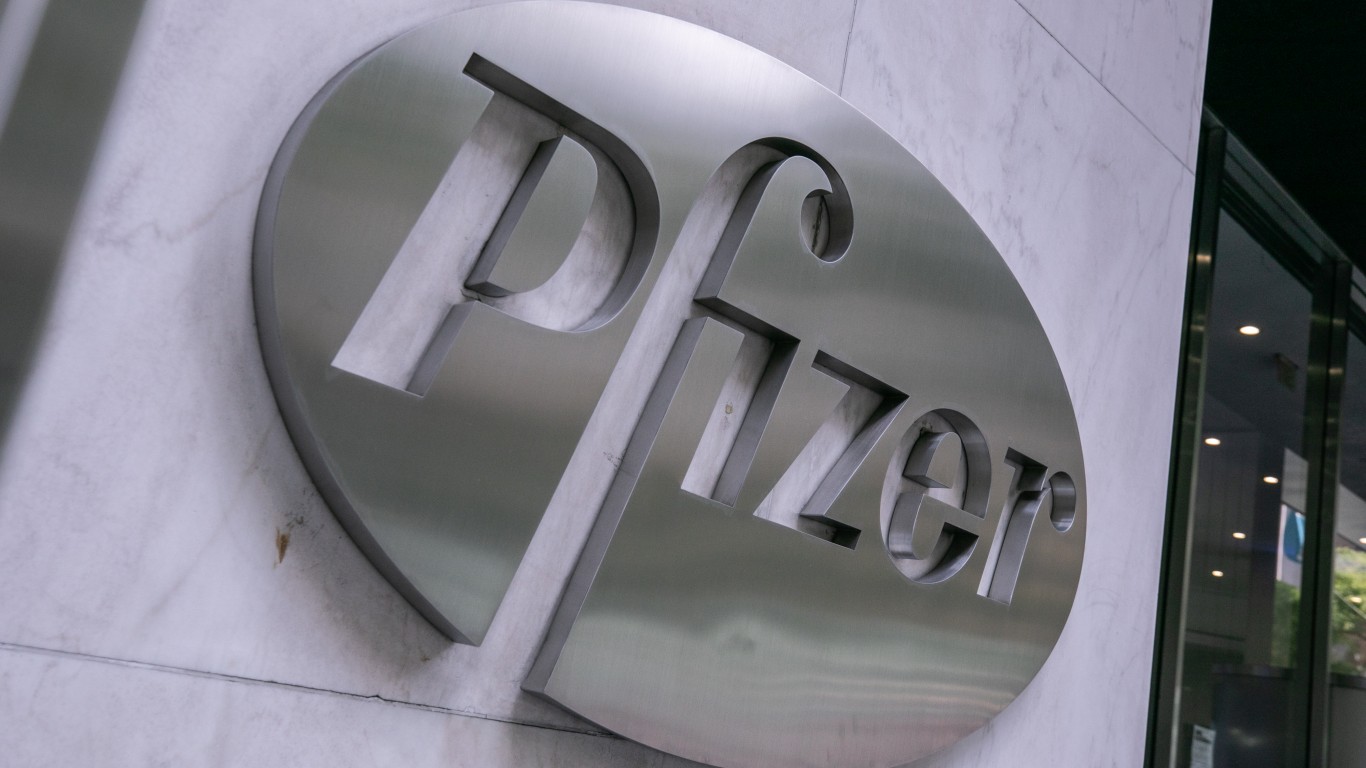 Just several weeks ago, Greece was on the brink of economic collapse, its debt a staggering 12% of GDP, and its unions prepared to stop work at any sign of pay cuts.
Just several weeks ago, Greece was on the brink of economic collapse, its debt a staggering 12% of GDP, and its unions prepared to stop work at any sign of pay cuts.
The IMF and euro zone nations brokered a deal to provide Greece with bilateral loans and backing from the monetary fund. Today, as spreads on Greek debt hit new highs, rumors made it into the market that the southern European nation has balked at IMF conditions for it to be part of the aid package.
The IMF would require Greece to make to sharply cut central government spending, which would also certainly cause a spread of the worker unrest that slowed the nation’s economy last month. From a practical standpoint, Greece cannot close its deficit if a portion of its population refuses to work.
On top of the IMF problem, Germany, the largest EU economy, and always a reluctant participant in the Greek bailout, has pressed for an unusually very high yield on new Greek bonds. According to MarketWatch, “Germany… has insisted Greece should pay around 6% to 6.5%, in line with the current yield on 10-year Greek bonds.”
All of these problems increase the chances of actions that were just a few months unthinkable. The first is that the most wealthy euro zone nations could say that they want Greece out of the monetary alliance. The other is that Greece could elect to leave on its own. In either case, Greece would sharply devalue its currency and a default on its sovereign obligations would be inevitable. It budget gap is simply too large to close.
Douglas A. McIntyre
Travel Cards Are Getting Too Good To Ignore (sponsored)
Credit card companies are pulling out all the stops, with the issuers are offering insane travel rewards and perks.
We’re talking huge sign-up bonuses, points on every purchase, and benefits like lounge access, travel credits, and free hotel nights. For travelers, these rewards can add up to thousands of dollars in flights, upgrades, and luxury experiences every year.
It’s like getting paid to travel — and it’s available to qualified borrowers who know where to look.
We’ve rounded up some of the best travel credit cards on the market. Click here to see the list. Don’t miss these offers — they won’t be this good forever.
Thank you for reading! Have some feedback for us?
Contact the 24/7 Wall St. editorial team.





